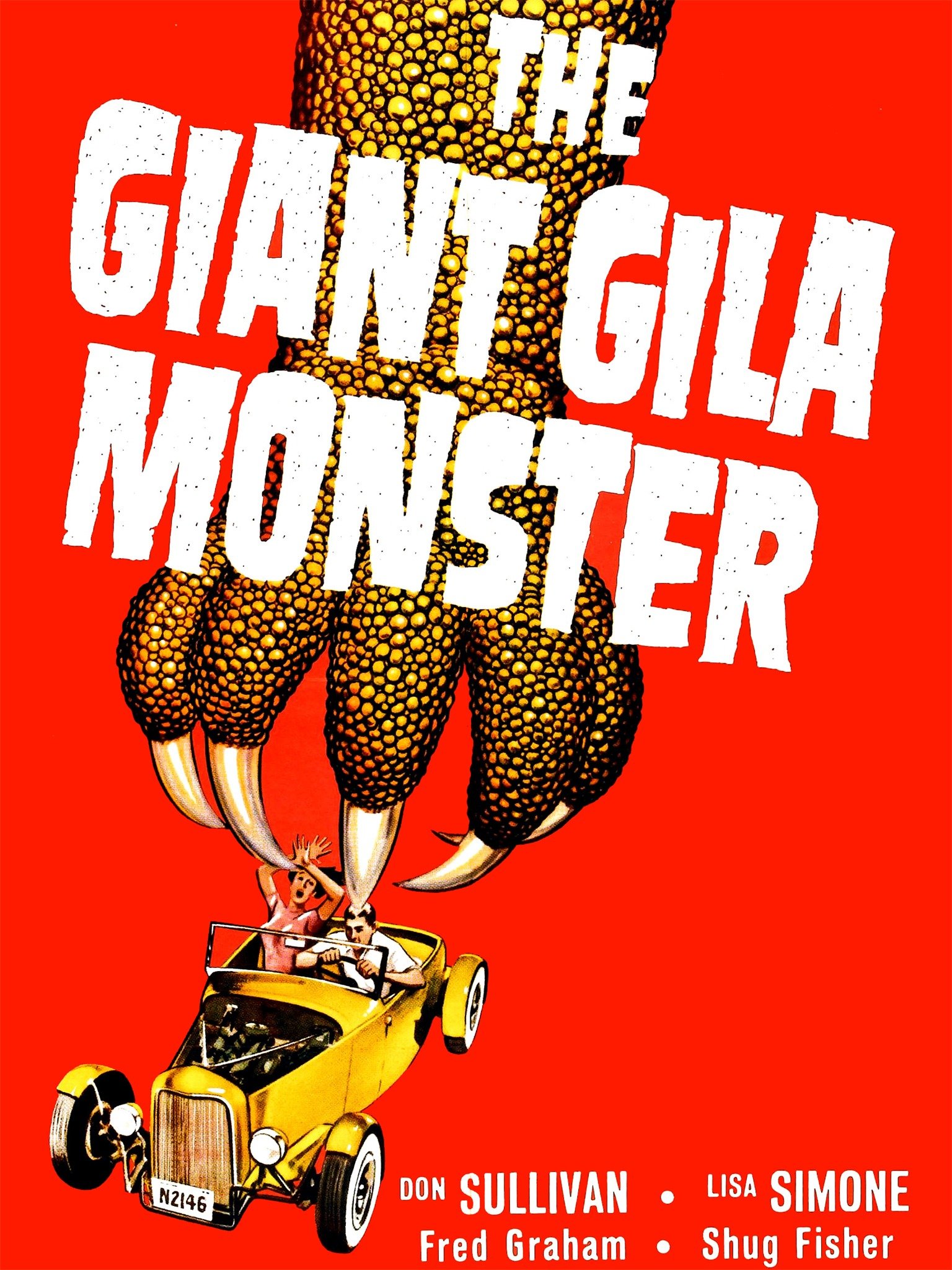 |
| The Cyclops' Treasure. Click on the map for a larger view |
One feature of the module B2 Keep on the Borderlands, in both the original Holmes edition (1st and 2nd printings) and the revised Moldvay version (later printings), is a single sheet of detachable graph paper on page 27 of the module. This sheet is labeled DRAW YOUR OWN FLOOR PLAN in the same Futura font used in the module, Holmes Basic and the first three AD&D hardcovers. The grid area on the sheet is 10.25 by 7.5 inches at 4 squares per inch, giving 41 by 30 squares. The back side of the sheet (pg 28) contains a blank table for listing ADDITIONAL NON-PLAYER CHARACTERS.
This sheet is part of the guidance for new DMs found on pages 1-7 and 24-28. The page preceding the graph paper is a map of Area 16 of the Keep, labeled GUILD HOUSE FLOOR PLAN, which shows two levels of the Guild House at a scale of 2 feet per square. It's the only area of the Keep with a map at that level of detail. This floor plan is described on page 24 in the section DESIGNING FLOOR PLANS, as an example of how to detail the buildings of the Keep, followed by the instructions to "lay out as many buildings of the KEEP as you can". So it's clear that the graph paper was intended for drawing the floor plans of more buildings. However, I never used it that way...
Shortly after learning how to play Holmes Basic D&D from some neighbors who had the same set, I found out my best friend E.H. had also learned the game from his older cousins. He had the Moldvay Basic and Expert sets, so he also had a version of B2. One of our fathers photocopied the graph paper page for us, and for a while we used these sheets for drawing our dungeons. E.H. also introduced me to his method of drawing dungeons with colored pens, generally with the dungeon in green ink and each trap or other feature in a different color. I retained one of his maps from our youth, which I recently returned to him after scanning, and this is shown above as an example.
I always thought my friend's maps turned out better than mine, in part because he had finer-tipped pens. This particular dungeon started with rooms 1-19 that he drew, with rooms 20-24 added by myself at a later date. Unfortunately, no corresponding key remains, and I have only the vaguest memory playing this through this dungeon. Other than room numbers, the only words on the map are "Cyclop Trease" (Cyclops Treasure, I believe), which means room 15 probably had a Cyclops from the D&D Expert Set.
I don't remember all of the notations he used, but a black square is obviously a Pit, a red "S" is a secret door, a yellow square is where a 10' Ceiling Block falls, a red square is a 10' fire wall, a blue-lined circle is a falling net (I may have added these later), and the blue lines in the corridor are a Moaning Corridor. Other possible features:
Room 2 - Ice (I think I added this later)
Room 6 - Magic Pool "whose waters have strange effect"
Room 7 - Red lines = Spray "that attracts Wandering Monsters"
Room 8 - Curtain in front of circular pit that may lead to red Chute near room 20
Room 9 - Hexagonal room with statue?
Room 9a - Gold behind some kind of special door?
Room 15 - Black lines = Spring-fired Darts
Room 16 - Room-filled with Poison Gas
Room 17 - Red line = Flying weapon that attacks "only if disturbed"
Room 18 - Yellow circle with BC? or BL? Blinding Lights?
Our early dungeons were typical Funhouse Dungeons / Monster Zoos, each room having a different monster essentially in stasis until encountered, without reason or connection to the other rooms. But they were perfect for us at that age (late elementary school). I would see E.H. every other weekend when he visited his father, and we would take turns DMing each other through our dungeons, each of us controlling an entire party of our own characters, typically 4 or 5 characters each.
The title Draw Your Own Floor Plan remains etched in my mind, and I even considered using it as a name for this blog. Instead I plan to post other maps drawn on this paper in a gallery on the ZA site.
Did anyone else use this graph paper for their maps? Searching on the net, I found one other blogger who posted a map he drew on this paper: The RPG Corner's Own Floor Plan.
5/20/15 Update: Looking over the list of Traps in Moldvay Basic reminded that E.H. started with B/X, and the traps he used were clearly influenced by that list. I've bolded the ones that seem to correspond.







